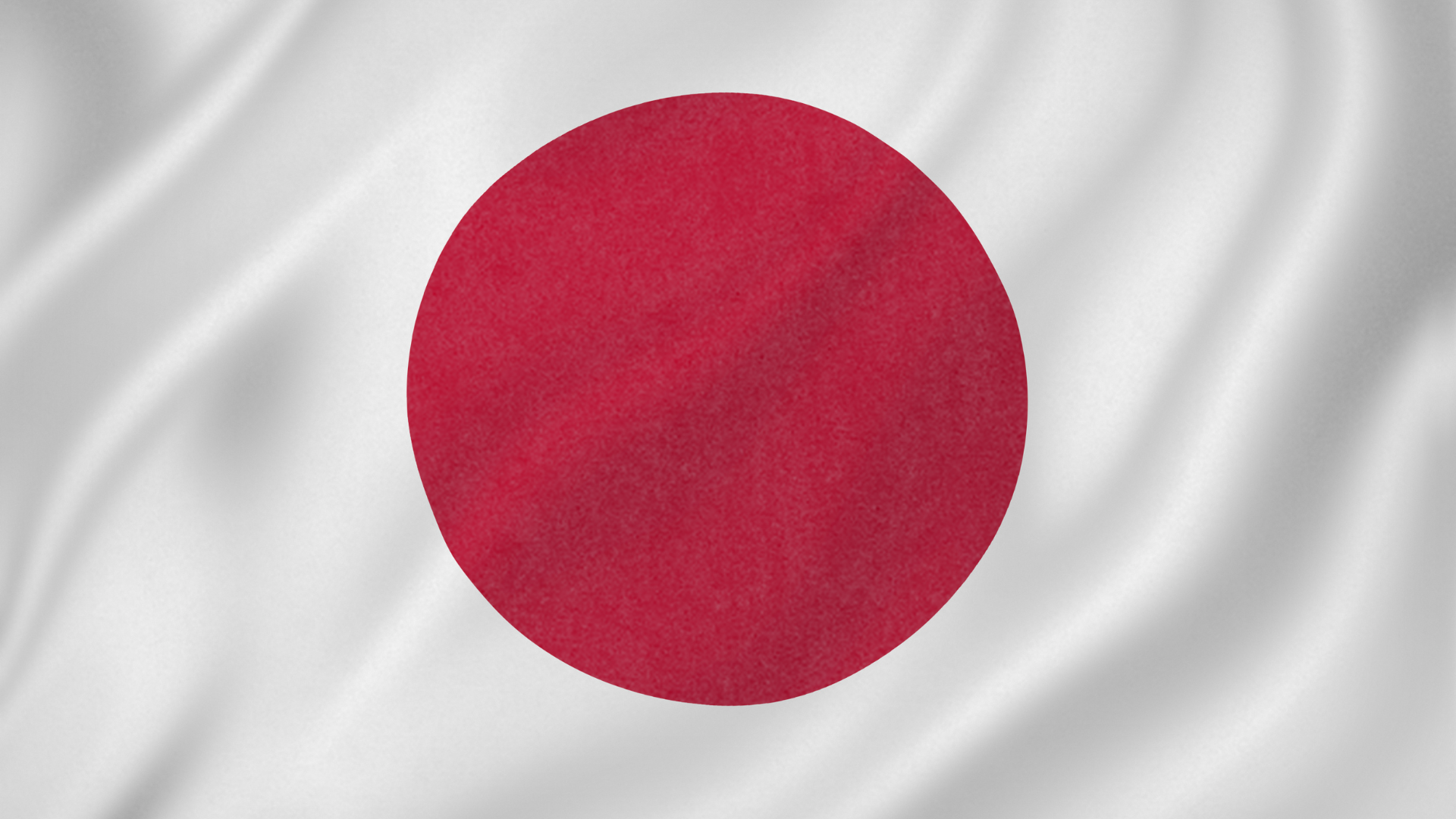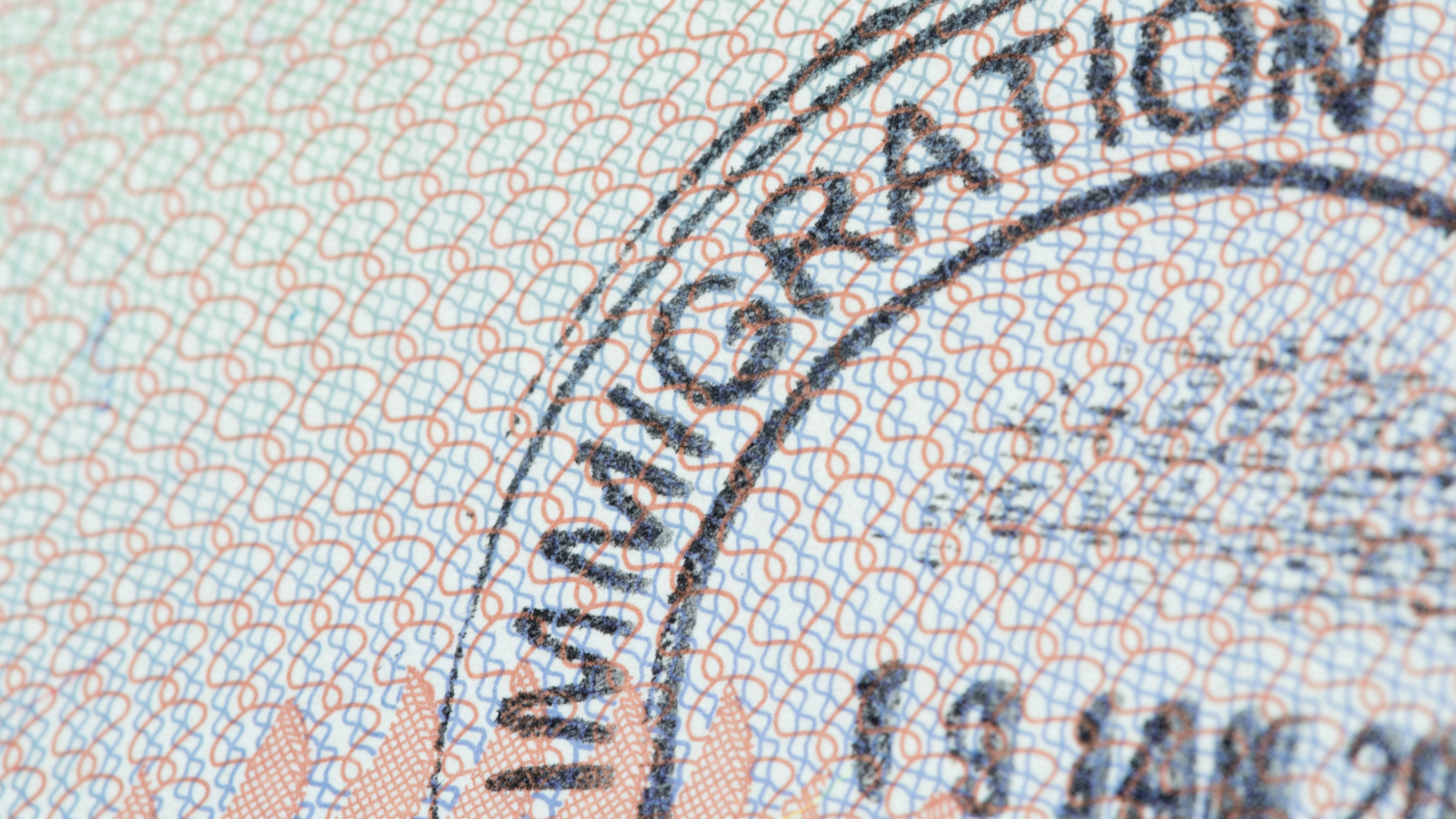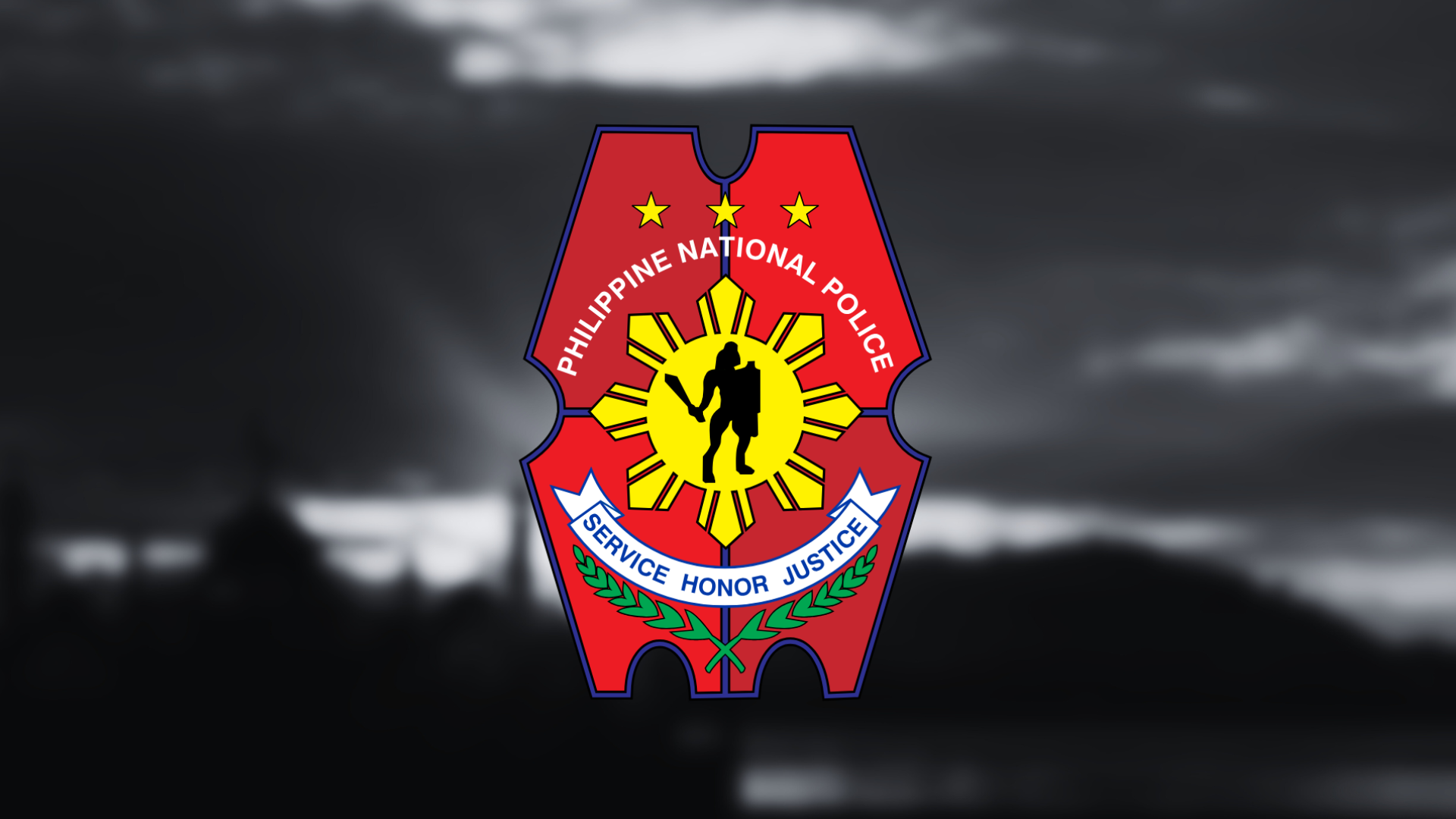Naysayers say our country may look forward to a new possible holiday–August 23 as International Shame Day, in which Filipinos worldwide may be given the chance to skip work, tuck into bed, or lock themselves up in a room against possible public ridicule, to watch reruns of the Quirino Grandstand hostage-taking while sadly feeding on popcorn and soda, and to curse the authorities responsible for the fiasco. All these in tragic remembrance of the botched hostage crisis that took the lives of eight tourists from Hong Kong and the life of hostage-taker slash dismissed Senior Inspector Rolando Mendoza. What makes this different from other regular holidays is that you would want to celebrate it alone in utter embarrassment, not in merriment, naysayers articulate in sheer sarcasm and extraordinary Pinoy humor.
But it has been common knowledge and sentiment, I guess, that the tragedy of it all doesn’t only come from the thought that our government and police authorities have indeed screwed up and failed miserably to save the lives of the hostage victims, rather, it also comes from the damning idea that the whole scene unfolded internationally. Worse, that the aftermath of this failed attempt to subdue the crisis peacefully has become a poor, degrading reflection of our nation’s inefficient standards in crisis management and of our government authorities’ lack of better judgment, and almost everything else in general, whether we like it or not, agree on it or not.
What could have been done? What went wrong? The questions are thrown like mud pies to government authorities. Apparently, everyone knows what went wrong because everyone witnessed it like it was a PG-18 action flick. Glued to our own screens that night, what could a regular civilian like me be thinking during the height of the crisis? And what could others be thinking as well?
No News is Bad News
I agree that media or news blackout is suppression of press freedom and of the right for public information. To totally eradicate the media from covering the news will definitely result to another crisis in our country. Media, however, has to keep in mind, that press freedom comes with great responsibility; they can be instrumental to change, but they can also sabotage it.
As a civilian watching the blow-by-blow account of the hostage crisis, it was no rocket science to entirely understand that something was wrong in the handling of the incident. Any civilian would know merely by watching it. First, the coverage went too far. There should have been a call-off point where the media had to restrain some information on live feed if only to support and safeguard the movements of the police force in overpowering the hostage-taker. The real story may come later when the crisis ends. But who should’ve called the shots?
While my family and I were glued to the TV, I recounted some foreign movie scenes wherein hostage-takers were tuned in to television feeds and therefore knew what the police force was up to. As far as I can remember, in those movies, the police authorities and the media coordinated to restrict the news and live feeds at the moment of crisis. News reports were controlled, delayed broadcast was implemented, or photos were instead used in order to outsmart the hostage-taker and salvage the victims.
The notion that the police force could outwit a bemedalled police officer was nothing but impossible. There is no question that the media at the scene has to cover the truth–because it’s their job and the public has the right to know. But lives were at stake–and this is where the government and the media should’ve drawn the line. Nevertheless, to ask the media not to cover and report such crisis and turn off their lenses entirely may result in a call to arms. The streets may once again hear the angry riots of the people and smell of dead flowers. So before damning the media as an institution, again, who should call the shots first?
What could other media be thinking?
“Media’s job is to tell the story but no story is worth even one life. If the government had called for a news blackout (during the) hostage taking, we would have supported it. Press freedom issues take a backseat during situations like hostage-taking where the government has the power to define the terms to media.” Mariz Amante, Reporter, UNTV.
The Lame Name Game of Alibis
Is it really lack of police gear or lack of proper training in crisis management? Although both factors were very evident in the crisis, I can’t help but still speculate: Is there really a shortage of police gear? Because it sounded like a lame alibi. Could it be possible that some of them may have been in panic mode, too, that they never got the chance to bring their gear to the scene? In short, sugod nang sugod. A dim-witted idea, which is plausible without presence of mind. Or was it because they never imagined the crisis would end up in an assault and bloodbath (imagine how the hostage-taker was in such a good mood earlier that day), thus they never had the chance to truly prepare for it until the very last minute?
And why was it so hard for our government to give in to the demands of the hostage-taker in order to end the crisis? They could have just deceived him, or humored him as some would say, into believing that his wish is being granted. Show him the supposed reinstallation papers at the height of the crisis, but set the papers aside or bury it six feet under once he’s subdued.Then once he’s in police custody, let him face the consequences of his actions, review his case again, and lock him up in jail if he’s really guilty of the crimes accused of him.
I think the negotiators could have applied in-depth psychology in understanding the behavior of the hostage-taker. Giving in to his demand of getting his job back is deception all right, and deception is dangerous. But what could be more dangerous than not knowing how to save the lives of those foreigners in our country? What could be more dangerous than seeing the hostage-taker look more valiant and clever than our police force who were supposedly the heroes of the day? What could be more dangerous than realizing that the whole world was watching us, and perhaps hating us all at that moment? If deception was the only way to save human lives in this crisis, so be it. I guess that would have been easier for the public to understand–we need to deceive to let others live.
Snoopers & Snipers
If there were snipers at the scene, there were snoopers as well. It was such a bad scene to see many people watching it, as if it were a Hollywood movie shooting of some sort. There was no crowd control. How in the world was this allowed? Were safe parameters set around the crime scene–before, during, and after–to control the crowd?
If nosing and snooping around can’t be helped by some Filipinos, should we begin to have strict regulations on this when another hostage crisis challenges this country again? And for heaven’s sake, why can’t the public just stay away from such unsafe scene when they’re nothing but another burden to the authorities? Clearly, some people just love to attract danger, some may see this opportunity to be extras in the movie, and some may find this rather amusing. Which one are you?
If you were right there on the spot that fateful night, would you stare and watch the whole crisis like the others did, and take curious shots, without even thinking of your safety?
“No, I won’t. All the policemen who were there more than likely know their job. If I cannot do anything to help, I won’t even go near the crime scene.” Christopher Maranan, Freelance Photographer and Graphic Designer, http://tup3ng.daportfolio.com/
But the damages have been done, our observations have been said. Human relationships can be repaired, but human lives… definitely not. The only thing we could do now is share the grief and show compassion to the families of the victims. So we deeply apologize. And wait until our government has straight answers and honest results to the on-going investigation. So we continue to appeal. Talks and speculations have to end somewhere, for healing to sincerely begin its course as well. So we continue to pray.
Alexander Pope said, “to err is human…” But this, I now wonder: should we always wait until we err? Think again, because the whole world is watching us closely for that one wrong move, yet again.






